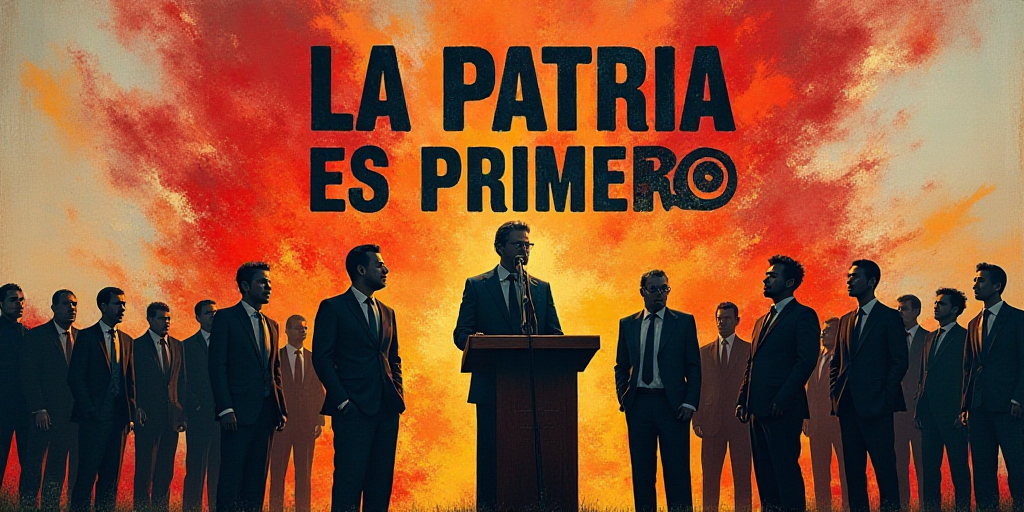First of Two Dialogue Sessions Between Federal and State Decision-Makers
On Wednesday, at the Senate Chamber and Estudios Churubusco, the first of two sessions titled “Culture and Mexican Cinema in Every Corner of the Republic” took place. The Commission of Culture in the Senate invited presidents of Cultura, Tourism, and Economy commissions from state chambers, cultural secretaries from entities, and various audiovisual sector representatives in Mexico, including producers, directors, exhibitors, technicians, and actors. The goal was to define and harmonize lines needed to strengthen a decentralized, attractive cinematographic industry.
Key Speakers and Their Messages
Senator Beatriz Mojica Morga, President of the Culture Commission, emphasized: “It is possible to make cinema a transformative force in every state of the Republic, especially now with the challenges posed by the United States and threats to impose tariffs on cinematic productions.”
Diputada Alma Lidia de la Vega, President of the Culture and Cinematography Commission in San Lázaro, acknowledged: “It is imperative to push legal and institutional reforms that strengthen the cinema sector. Robust and equitable funding mechanisms, including subsidies, financial support, risk capital, guarantees, and investments, are crucial.”
Objectives of the Dialogue
The dialogue aims to address several key areas to bolster the Mexican cinema industry, considering previous attempts by the film sector over the last decade to establish an integral policy vision from the Legislative branch. The ultimate goal is to create a new cinematographic law and reform related laws that align with current technical, labor, artistic, and fiscal requirements.
Key Areas of Focus
- More Equitable Funding Mechanisms: Develop robust and fair funding systems to support the cinema industry.
- Establish Current Normative Frameworks: Ensure that laws and regulations are up-to-date and relevant to the industry’s needs.
- Promote Filming Laws in All States: Encourage the implementation of filming laws across Mexico to attract more production.
- State Incentives for Increased Production: Offer incentives to entice more film productions to various states.
- Increase State Budget Allocation: Enhance financial support for cultural entities to foster a thriving cinema industry.
- Greater Self-Regulation of Public Resources: Encourage responsible use and allocation of public resources within the cinema sector.
Context and Relevance
The Mexican cinema industry has been striving to establish a comprehensive policy vision supported by the Legislative branch. This dialogue between federal and state decision-makers, along with key industry representatives, aims to create a new cinematographic law and reform related laws. These efforts will ensure that the industry’s technical, labor, artistic, and fiscal requirements are met. By addressing funding mechanisms, normative frameworks, filming laws, state incentives, budget allocation, and self-regulation of public resources, Mexico seeks to strengthen its decentralized and attractive cinema industry.
Key Questions and Answers
- What is the purpose of this dialogue? The primary goal is to create a new cinematographic law and reform related laws that align with the industry’s current technical, labor, artistic, and fiscal requirements.
- Who participated in the dialogue? The participants included senators, diputadas, cultural secretaries from various states, and representatives from the audiovisual sector, such as producers, directors, exhibitors, technicians, and actors.
- What are the key areas of focus for strengthening the Mexican cinema industry? The main areas include more equitable funding mechanisms, establishing current normative frameworks, promoting filming laws in all states, offering state incentives for increased production, increasing state budget allocation, and encouraging greater self-regulation of public resources.






